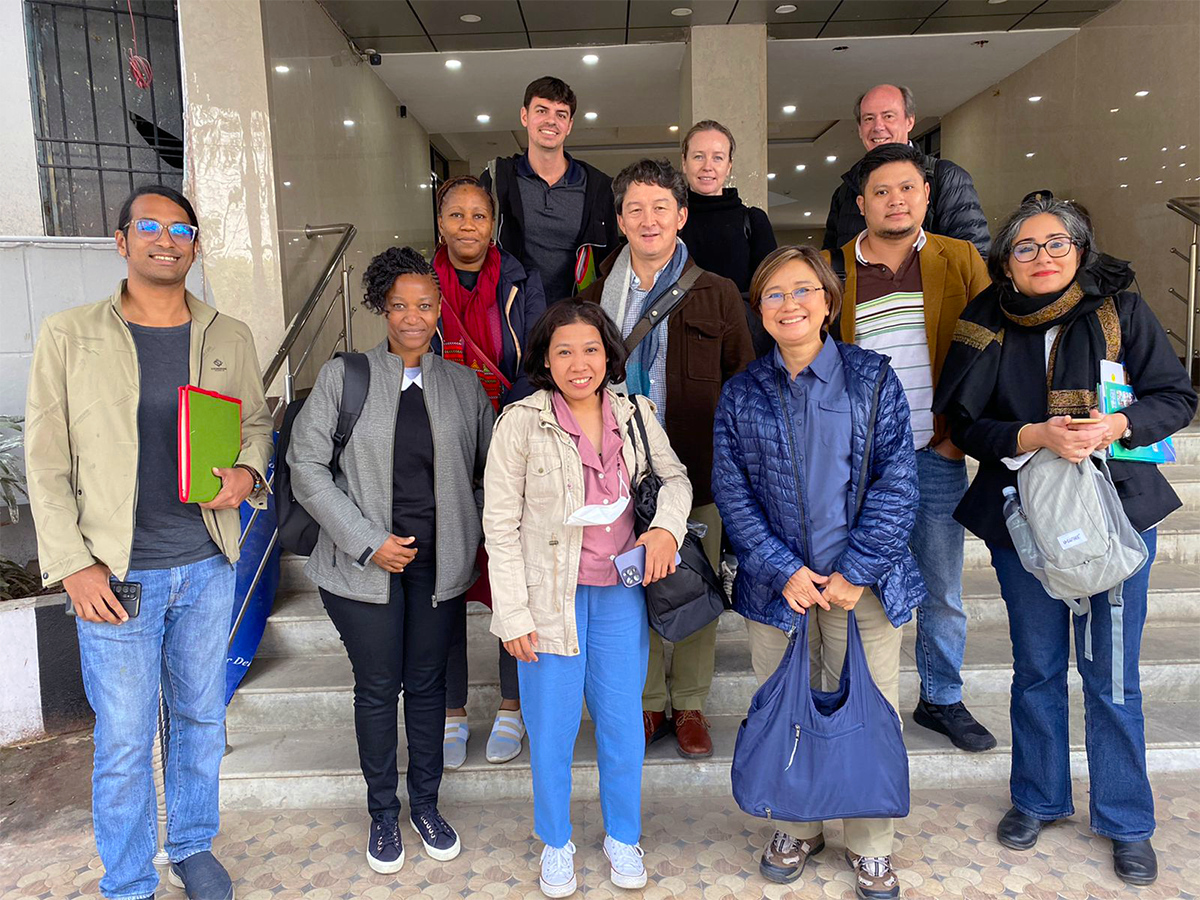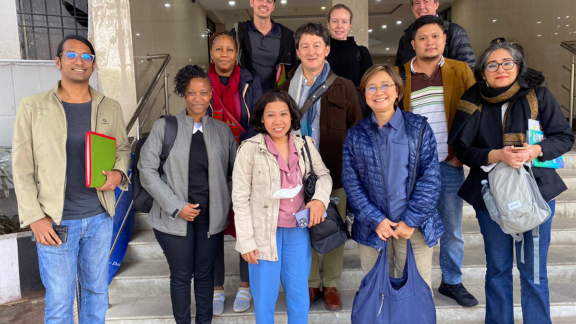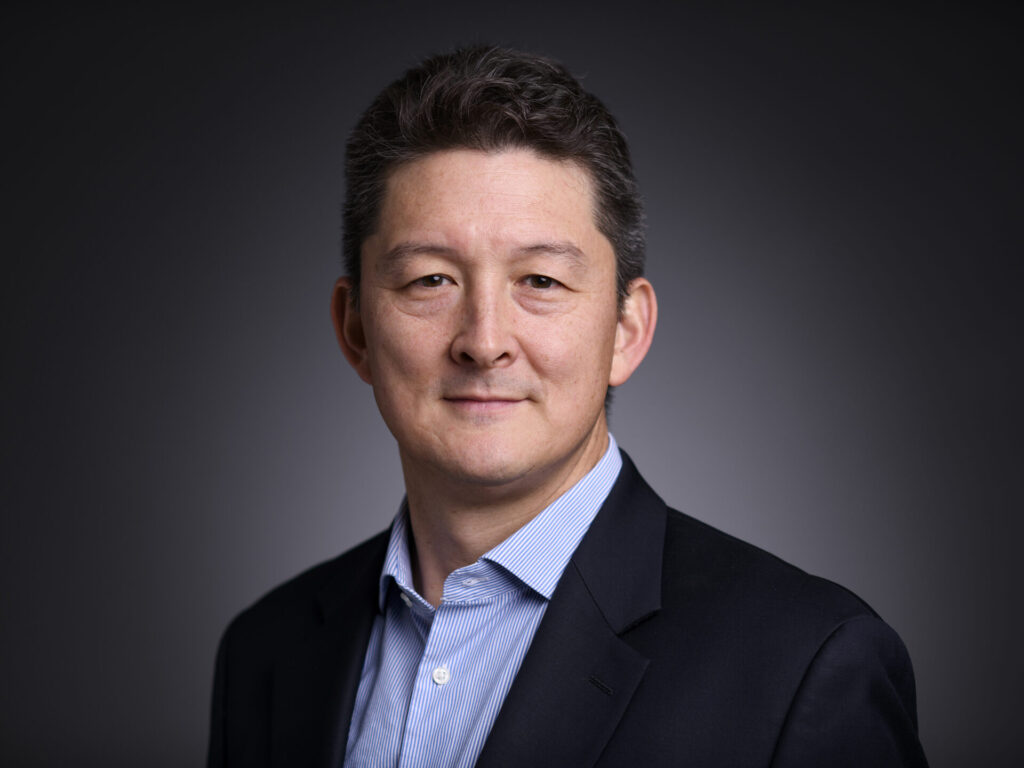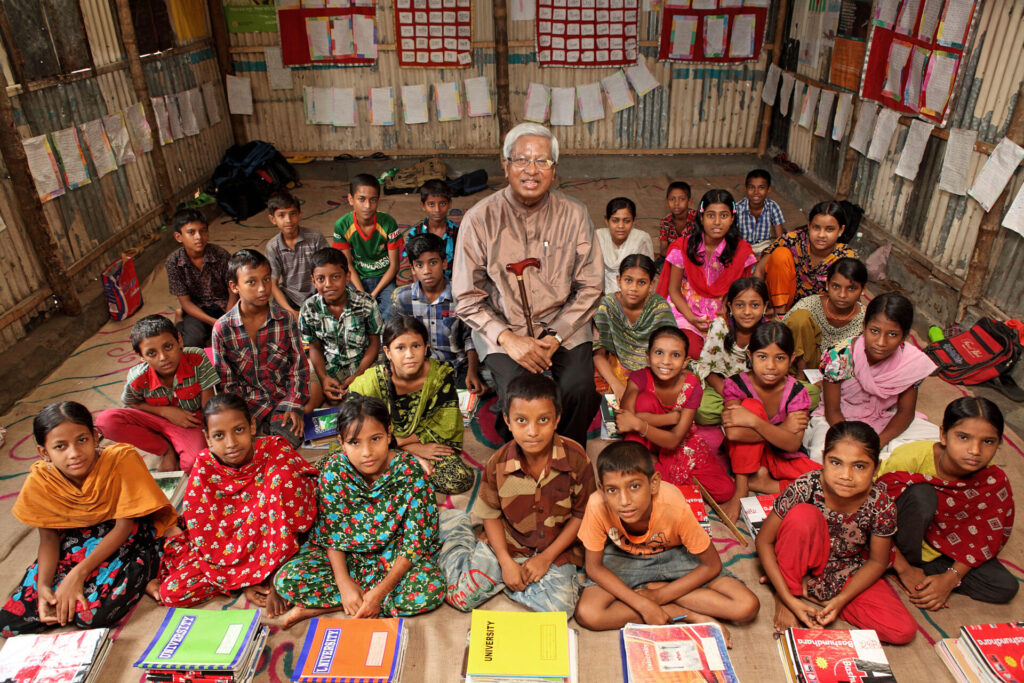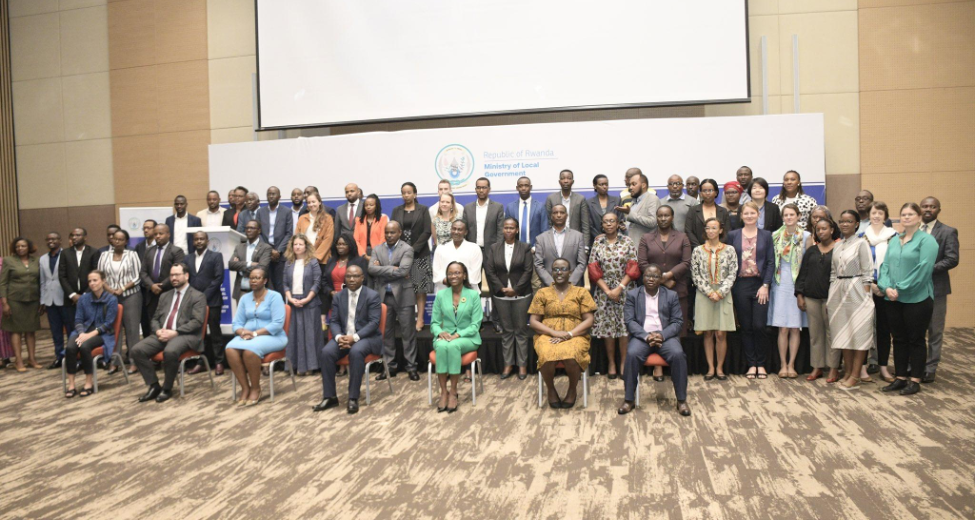By Greg Chen | Managing Director, BRAC Ultra-Poor Graduation Initiative
BRAC’s founder, Sir Fazle Hasan Abed, liked to say that “small is beautiful, but scale is necessary.” We see this as our twin challenge – to scale at a size that is meaningful on a global level while delivering long-term impact. Recently a colleague nicely coined the motto, “scaling beautifully,” succinctly capturing our aspirations.
We begin 2023 extremely excited and indeed anxious about what happens next. Our priority in 2022 was establishing a presence in five countries where we identified opportunities to support governments planning or already leading their own Graduation programs. We exceeded that goal by launching in six with the expectation that two more may begin soon. It is in BRAC’s DNA to learn by doing, and through sustained engagement, we hope to discover openings and opportunities while also recognizing the landscape can also have mirages.
When I took this job a bit more than a year ago, I wondered if governments would be receptive. One pleasant surprise in 2022 was policymakers recognizing that some people are being left behind and that Graduation is an important tool they consider. The Government of Rwanda, for example, announced a few months ago its adoption of the National Strategy for Sustainable Graduation (NSSG). BRAC looks forward to supporting the Ministry of Local Governance, the Government of Rwanda, and development partners more broadly as they implement this strategy.
We sometimes hear that governments can’t scale Graduation or that it is too complex. While certainly hard, this notion that it’s too hard is not true. The foremost example of scale I have seen so far is a program known as Satat Jevvikoparjan Yojana (SJY) with the Bihar State Rural Livelihoods Mission, locally known as JEEViKA, which is the state’s implementing agency of the National Rural Livelihoods Mission. JEEViKA is a broad rural development infrastructure developed for women across the state which now offers a Graduation component through SJY that has reached nearly 140,000 households and aims to push this to 200,000 soon. This program converges around many existing services the state was already providing and the incremental financing generated straight out of the state’s budget.
We are keen to learn from Rwanda and India. And 2023 has kicked off with some cross-country exchange with a delegation from two government representatives from the Philippines (Department of Social Welfare and Development) visiting the Graduation program in Bihar. We are eager to facilitate more South-to-South learning opportunities for policymakers this year.
Additionally, we are also looking forward to contributing to conversations at the global level to complement our country-level engagement. BRAC has renewed a second grant to the Partnership for Economic Inclusion at the World Bank as a vital institution supporting Graduation approaches to address extreme poverty, and we are working in close collaboration with the community of practice PEI has developed for practitioners and research partners. We look forward to sharing an upcoming in-practice publication designed to support governments in designing and implementing transformative Graduation programs. We are also one of a few civil society organizations invited to the Fifth United Nations Conference on the Least Developed Countries to champion investing in those furthest behind to drive inclusive growth. And BRAC holds aspirations to foster more Global South solutions with the U.N. to address SDG1 – end poverty in all its forms everywhere.
While we are moving into 2023 with a great deal of excitement and optimism, we recognize that “scaling beautifully” requires the collaboration of many of you–our partners and allies in the work to eradicate extreme poverty–and it requires an investment and persistence over many months and years to bring about meaningful change.
We are well aware of the challenges scaling Graduation will pose, but we are also sure that the status quo will not be enough to eradicate poverty. Change requires all of us and we hear from many about partnership and welcome many more such discussions this year.

